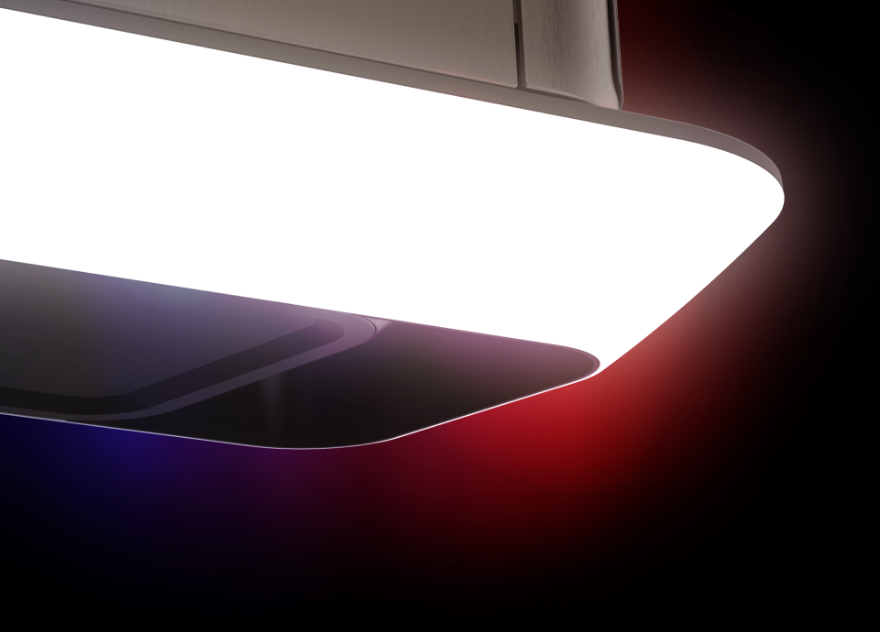
When building an energy-efficient home or converting an existing house to a “green energy” house, your main goal is to minimize an unnecessary “waste” of energy. So, naturally, one of the first steps would be to use efficient appliances where possible and eliminate those that aren’t necessary at all. But what about your garage door opener? Do you keep it or start operating your garage door manually? Do garage door openers use a lot of electricity? The simple question is NO. Garage door openers consume a miserable amount of electricity for day-to-day operation. But there are ways to achieve even more efficiency. Older garage door openers use standard lightbulbs, usually recommended up to 60W. However, a new lineup of Liftmaster and Chamberlain garage door openers feature a built-in LED light strip, which is bright and efficient simultaneously. Combining that with a motion sensor to activate the light, you now have even less electricity waste when using your garage door. But there’s more to this subject than simple electricity consumption.
Most homeowners that ask us regarding the electricity consumption by their garage door openers don’t even know the R-Value of their garage door – the biggest opening in their house. So what is R-value, and why it’s important? Well, if you’re trying to make your house as energy efficient as possible, it’s not only the electricity consumption you should be worried about. For example, depending on your geographical location, you might experience a huge energy waste during the wintertime if your garage door isn’t well insulated or doesn’t seal well against the frame.
Suppose the door itself doesn’t have sufficient insulation, which we would consider at least R9 for the Canadian climate and colder States in the USA. In that case, you’ll need to contact a local garage door installation company and see what your options are for a well-insulated garage door.
However, In some cases, even having a good quality door doesn’t guarantee it will be efficient. You see, worn-out hinges, rollers, and weatherstripping can all contribute to significant heat loss during winter. For that reason, a professional garage door inspection and maintenance are needed regularly to prevent potential issues. Not only a skilled technician can spot some of the potential problems with the door itself, but also explain how to extend the lifespan of your garage door components to save you money in the long run.
If you have a manual overhead garage door, you can potentially lose lots of heat during the colder months without even realizing it. You see, a proper seal between the door and the frame is what helps you conserve the heat inside the garage, and the garage door opener has a considerable role to play here. When your garage door opener is closing the door, it’s pushing on the door downwards, compressing the rubber seal, and closing the gap between the upper door section and the frame. As a result, it creates a tighter seal all around the garage door and prevents unnecessary heat loss while keeping the pests out as a bonus.
Installing a heater in your garage might not be a bad idea; however, we would suggest you go through a short checklist before doing that.
If your answer is NO to either of the questions, fix that before purchasing a heater for your garage. There is no reason to install a heater if you’re losing lots of heat through the largest opening in your house.
Calgary Garage Door Fix Inc.
Address: 4407 116 Ave SE #6, Calgary, AB T2Z 3Z4
Copyright © 2024. All rights reserved.
Calgary Garage Door Fix Inc.
Address: 4407 116 Ave SE #6, Calgary, AB T2Z 3Z4
Copyright © 2024. All rights reserved.